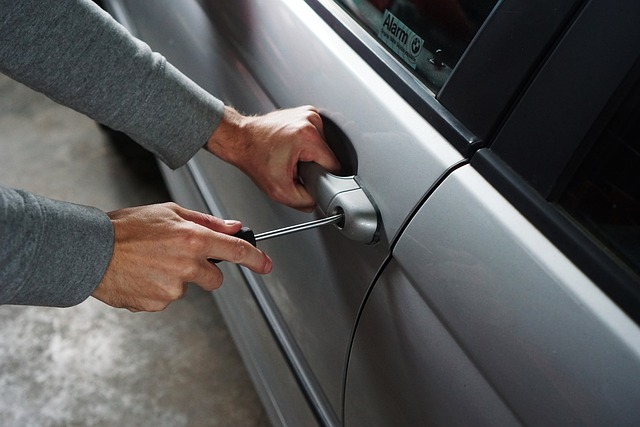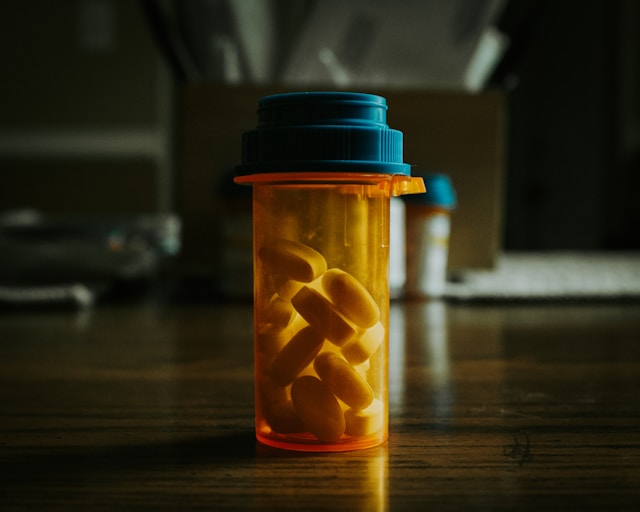When driving somewhere late at night, you may be annoyed to see a line of brake lights ahead of you. However, when you get closer, you may be surprised to find that the slowdown is not the result of a collision but because the police are stopping each vehicle. If you are stopped at a sobriety checkpoint in Texas, understanding your rights is critical. Additionally, in the event you are charged, understanding why you must contact Houston DWI lawyers is essential. Keep reading to learn more about these police tactics.
What Is a Sobriety Checkpoint?
A sobriety checkpoint is something law enforcement sets up at a specific location, requiring all drivers who pass by to stop and interact with the officers. Generally, the officers will ask for your license and registration, while examining you for signs of intoxication. This includes whether or not you are slurring your words, if you have bloodshot eyes, or if you or your vehicle smells like alcohol. If the officer suspects that you are under arrest, they will ask you to step out of the car to submit to chemical testing or a field sobriety test.
Are These Legal in Texas?
It is critical to understand that in Texas, sobriety checkpoints are not legal. While they remain constitutional in other states, Texas determined these violate the Fourth Amendment, which protects citizens from unreasonable searches and seizures.
As such, any attempt to collect evidence during a lawful stop will likely not be prohibited in a court of law. To circumvent this, Texas has “no-refusal” weekends. Essentially, this allows law enforcement to stop drivers they suspect of driving while intoxicated to request blood samples. If a driver refuses, there are judges on call who will immediately sign a warrant. Once the officer has the warrant, the driver must comply with the chemical testing.
Additionally, the police can set up other checkpoints in Texas, like ensuring drivers are wearing their seatbelts or have a valid license. During these stops, they are also looking for signs of intoxication, which can be held against you.
It is important to note that, technically, these stops are legal on Padre Island. This is because this is a federal territory, rather than a part of Texas despite being in the state.
If you are stopped and arrested at what you believe to be a sobriety checkpoint in Texas, it’s important to understand your rights in these moments. When under arrest, you should comply with the office to ensure you do not incur more charges, like resisting arrest. However, you should exercise your constitutional right to remain silent.
You’ll also want to connect with an experienced criminal defense attorney if you believe your constitutional rights were violated. The Sparks Law Firm is ready to assist you through these challenging matters. Contact our committed and compassionate team today to learn how we can represent you and your best interest.




